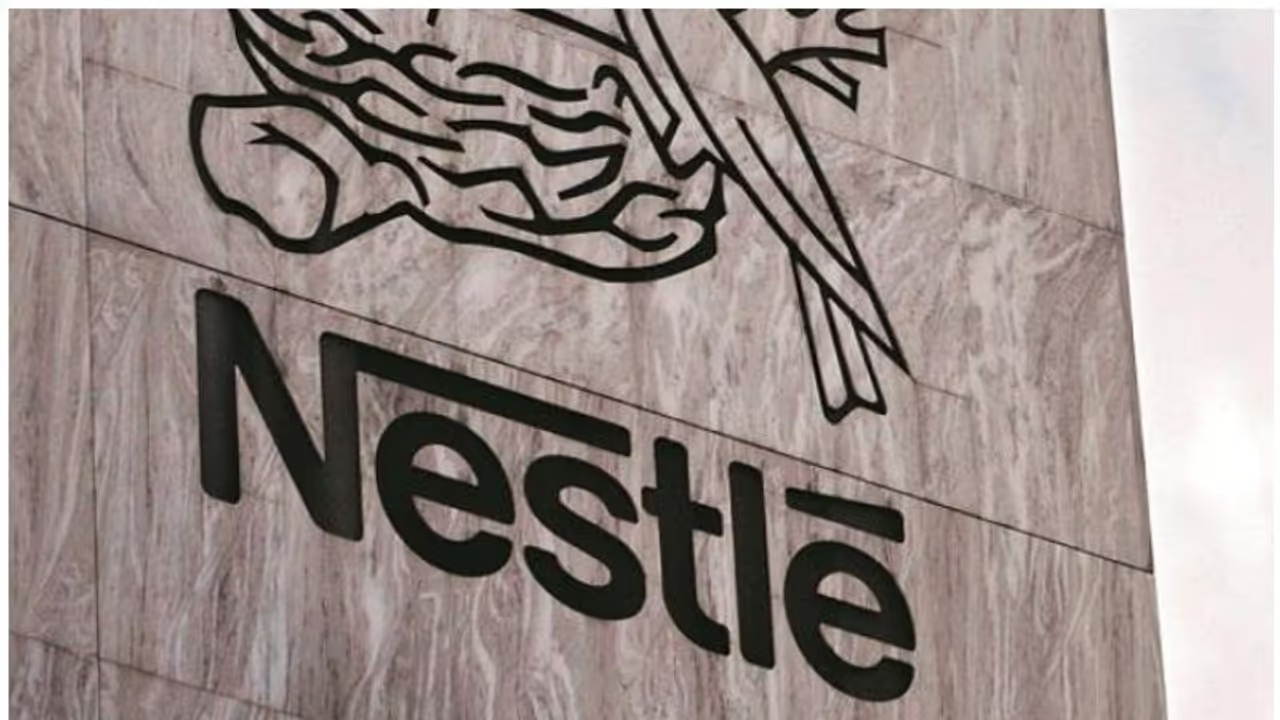Tests conducted by Public Eye and IBFAN revealed the discrepancy, drawing criticism from experts and health organizations like WHO. Despite Nestle's own nutrition advice against adding sugar to baby food, its products in low and middle-income countries continue to contain added sugars
Nestle's practice of adding sugar to infant milk in developing countries, while excluding it from products sold in Europe or the UK, has come under scrutiny. Public Eye, along with IBFAN, conducted tests on Nestle's baby food products from Asia, Africa, and Latin America, revealing the discrepancy, the Times of India reported on Thursday.

In India, where Nestle's sales exceeded $250 million in 2022, all Cerelac baby cereals contain added sugar, averaging nearly 3 grams per serving. However, in Germany, France, and the UK, the same product contains no added sugar.
This double standard has drawn criticism from experts. Nigel Rollins from WHO emphasized the ethical and public health concerns, warning that early exposure to sugar could lead to lifelong preferences for sugary foods and increase the risk of obesity and chronic illnesses.
WHO had previously called for a ban on added sugars in baby food products and urged the industry to support public health goals by reformulating their products. Despite Nestle's nutrition advice against adding sugar to baby food, the company's own products in low and middle-income countries continue to contain added sugars.
While Nestle claims to have reduced the total amount of added sugars in its infant cereal portfolio worldwide, questions remain about the disparity in its practices. Nestle India has stated that it has reduced added sugars by up to 30% in its infant cereals over the past five years and continues to work on further reductions without compromising quality, safety, or taste.
